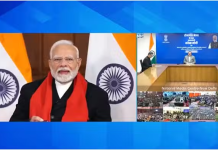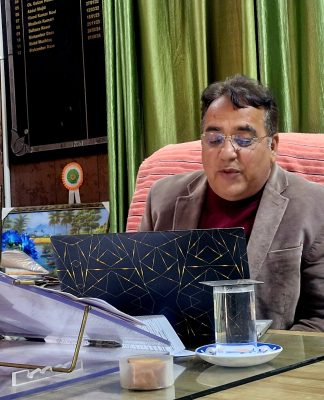At a time when the Modi government is being accused of interfering with the independence of the Central Bureau of Investigation (CBI), the Deputy Governor of the Reserve Bank of India (RBI) has cautioned that attempts to compromise with the central bank’s independence may be “potentially catastrophic”.
Delivering the AD Shroff Memorial Lecture in Mumbai, RBI Deputy Governor Viral Acharya on Friday said, “Governments that do not respect central bank’s independence will sooner or later incur the wrath of financial markets, ignite economic fire, and come to rue the day they undermined an important regulatory institution.”
In contrast, he said, governments who “invest in central bank independence will enjoy lower costs of borrowing, the love of international investors, and longer life spans”.
The comments gain significance as they come from a top RBI official ahead of key assembly elections and the 2019 Lok Sabha election.
Speaking on priorities of a government, Acharya said due to several considerations, for a government, the “horizon of decision-making is short, like a T20 match”.
“There are always upcoming elections of some sort – national, state, mid-term, etc. As elections approach, delivering on proclaimed manifestos of the past acquires urgency; where manifestos cannot be delivered upon, populist alternatives need to be arranged with immediacy,” he said.
The deputy governor said that in contrast to this, the central bank “plays a test match”. He said unlike the government that plays T20, the central bank’s focus is on “trying to win each session but importantly also survive it so as to have a chance to win the next session, and so on”.
Speaking on the lowering of interest rates by the RBI, or refraining from doing it, Acharya said, “Excessive lowering of interest rates can lead to greater credit creation, asset-price inflation, and semblance of strong economic growth in the short term, but excessive credit growth is usually accompanied by lending down the quality curve which triggers mal-investment, asset-price crashes, and financial crises in the long term.”
Government officials have recently called for the RBI to relax its lending restrictions on some banks, and the Centre has also been trying to trim the RBI’s regulatory powers by setting up a new regulator for the country’s payments system, news agency Reuters said in a report.



















































